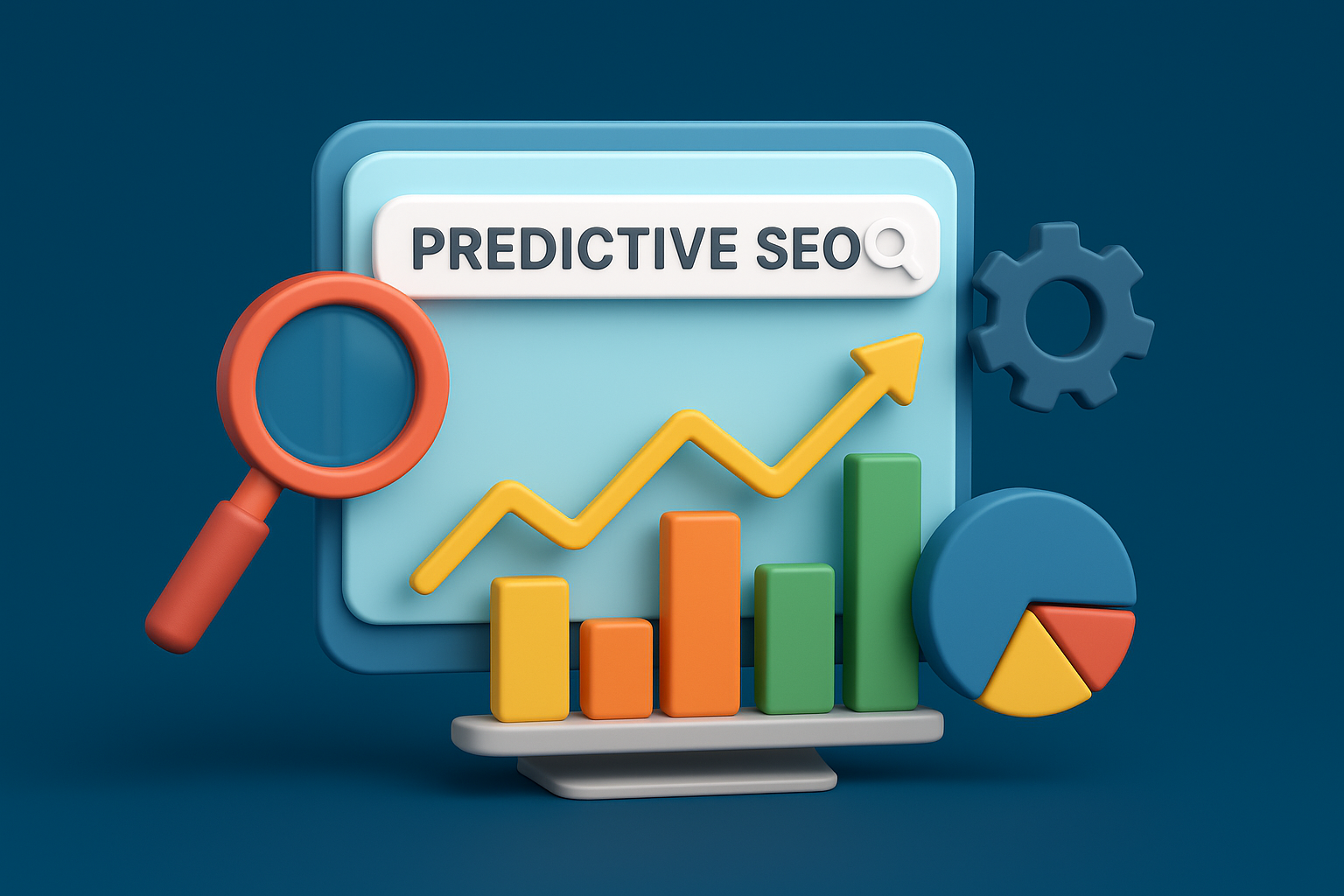

SEO Budgets
search engine optimization (SEO) is no longer optional—it’s essential. Businesses of all sizes are investing more in optimizing their online presence. But how much should you really spend on SEO? That’s where understanding SEO budgets for websites becomes crucial.
This guide will help you navigate SEO costs, explain how to plan your SEO budget strategy, and show you how to build a strategic SEO budgeting guide that aligns with your goals.
Table of Contents
ToggleWhy Is Budgeting for SEO Important?
Unlike paid ads that generate quick traffic, SEO is a long-term investment that compounds over time. Whether you’re a small business, a startup, or a large enterprise, allocating the right SEO budgets ensures you get consistent organic traffic, better rankings, and long-lasting results.
An appropriate website SEO plan not only helps you attract more visitors but also supports conversions and revenue growth. Without proper budget planning, your SEO efforts could be inconsistent, ineffective, or worse—wasted.
Factors That Influence SEO Budgets
When deciding on your SEO budget for website, consider the following elements:
- Website Size and Complexity: A larger site requires more optimization, from technical SEO to content creation.
- Competition Level: Highly competitive industries will demand a larger SEO budget strategy.
- Current SEO Health: If your site has major technical issues or lacks content, you’ll need a more aggressive approach.
- Geographic Targeting: Local, national, or international SEO affects budget size.
- Goals and Timeline: Faster results generally cost more.
Strategic SEO Budgeting Guide
A strategic SEO budgeting guide should be realistic, scalable, and performance-based. Here’s how to approach it step by step:
1. Audit Your Current SEO
Begin with a comprehensive SEO audit. Identify strengths, weaknesses, and opportunities. This sets a benchmark for improvement.
2. Define Your Goals
Do you want to increase traffic, boost rankings for certain keywords, or improve conversions? Your goals will drive your budget.
3. Choose the Right Services
Your SEO budget for website should include:
- Technical SEO Fixes
- On-page Optimization
- Keyword Research
- Content Creation
- Link Building
- Reporting & Analytics
4. Select a Suitable Pricing Model
You can choose between hourly, project-based, or monthly retainer models depending on your preference and needs.
SEO Budgeting Tips for Small Businesses
Small businesses often operate with limited resources. Here are some SEO budgeting tips for small businesses:
- Start Small, Scale Later: Begin with essential services like on-page SEO and content creation.
- Focus on Local SEO: Targeting local keywords is cost-effective and drives high-intent traffic.
- Do Some Work In-House: Handle basic tasks like blogging or citation building internally.
- Use Affordable Tools: Platforms like Ubersuggest and Screaming Frog offer budget-friendly SEO insights.
- Track ROI: Always measure results to justify your SEO investment and adjust accordingly.
Common Mistakes to Avoid in SEO Budgeting
When planning your SEO budget strategy, steer clear of these pitfalls:
- Underestimating the Cost: Cheap SEO often leads to poor results or even penalties.
- No Clear Goals: Vague objectives make it hard to assess success or failure.
- Inconsistent Investment: SEO requires consistency. Fluctuating budgets disrupt momentum.
- Focusing Only on Rankings: SEO should support conversions, not just keyword positions.
How to Budget for SEO as You Grow
Your SEO budget should evolve with your business. As your website grows in content and traffic, so should your investment. Here’s a scalable SEO budget approach:
- Startup Phase: $500–$1,000/month – Focus on basics and building authority.
- Growth Phase: $1,000–$3,000/month – Expand with content, backlinks, and local SEO.
- Scaling Phase: $3,000–$10,000/month – Full-service SEO, targeting broader keywords and markets.
Conclusion
Building a well-structured SEO budget isn’t just about numbers—it’s about creating a sustainable growth strategy. Whether you’re a startup or a growing enterprise, an effective SEO budget for website ensures you’re investing in long-term visibility and profitability.
Use this guide to understand your website SEO cost breakdown, avoid common pitfalls, and follow proven SEO budgeting tips for small businesses or enterprises alike.
At the end of the day, your SEO budget strategy is the foundation of your online growth. When done right, it delivers more than just traffic—it delivers trust, authority, and results.






















Post Comment